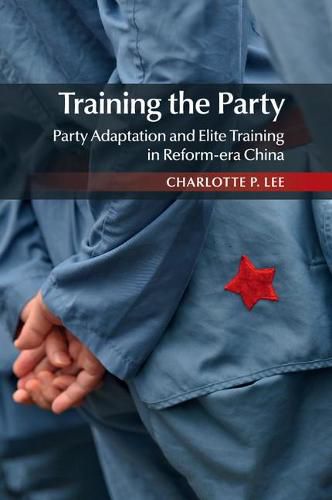Readings Newsletter
Become a Readings Member to make your shopping experience even easier.
Sign in or sign up for free!
You’re not far away from qualifying for FREE standard shipping within Australia
You’ve qualified for FREE standard shipping within Australia
The cart is loading…






Charlotte P. Lee considers organizational changes taking place within the contemporary Chinese Communist Party (CCP), examining the party’s renewed emphasis on an understudied but core set of organizations: party-managed training academies or ‘party schools’. This national network of organizations enables party authorities to exert political control over the knowledge, skills, and careers of officials. Drawing on in-depth field research and novel datasets, Lee finds that the party school system has not been immune to broader market-based reforms but instead has incorporated many of the same strategies as actors in China’s hybrid, state-led private sector. In the search for revenue and status, schools have updated training content and become more entrepreneurial as they compete and collaborate with domestic and international actors. This book draws attention to surprising dynamism located within the party, in political organizations thought immune to change, and the transformative effect of the market on China’s political system.
$9.00 standard shipping within Australia
FREE standard shipping within Australia for orders over $100.00
Express & International shipping calculated at checkout
Charlotte P. Lee considers organizational changes taking place within the contemporary Chinese Communist Party (CCP), examining the party’s renewed emphasis on an understudied but core set of organizations: party-managed training academies or ‘party schools’. This national network of organizations enables party authorities to exert political control over the knowledge, skills, and careers of officials. Drawing on in-depth field research and novel datasets, Lee finds that the party school system has not been immune to broader market-based reforms but instead has incorporated many of the same strategies as actors in China’s hybrid, state-led private sector. In the search for revenue and status, schools have updated training content and become more entrepreneurial as they compete and collaborate with domestic and international actors. This book draws attention to surprising dynamism located within the party, in political organizations thought immune to change, and the transformative effect of the market on China’s political system.